The Jayne Koskinas Ted Giovanis Foundation for Health and Policy (JKTG Foundation) awarded initial funding to Paul Macklin, a mathematician and associate professor of Intelligent Systems Engineering at Indiana University, to support rapid, community-driven development of a SARS-COV-2 tissue simulator.
With COVID-19 vaccine months away, this collaborative project will help identify pharmacologic interventions that can disrupt and slow the disease in patients while improving their immune responses and minimizing harmful damage.
“Paul’s work underscores the importance of collaboration to achieve timely solutions that can help patients today and in the future,” said Ted Giovanis, founder and president of the JKTG Foundation. “The Foundation is pleased to support research that breaks down silos across scientific disciplines and geographic boundaries to achieve better health for us all.”
Macklin, working with an international coalition of mathematical biologists, virologists, pharmacologists, computer scientists, and others from academia, industry, and national laboratories, is developing a multiscale model of SARS- CoV-2 dynamics in human lung and other tissues.
The entire model will be shared freely as open source. While the models will target the current COVID-19 crisis, they will help prepare for future health threats by creating an international and publicly available software resource and community with access to models that can be adapted to other RNA and DNA viruses.
This project builds on Macklin’s PhysiCell simulation software which the JKTG Foundation funded. PhysiCell is a highly adaptable, performance-focused simulation framework for multicellular systems biology.
The free, web-based work enables researchers around the world to understand how cells interact, communicate and coordinate and was awarded the Public Impact 2019 PLOS Computational Biology Research Prize.
Featured news
Ted’s Take: What is your role in health and health equity?
As we talk and plan for improvements in virtually anything, it’s important that we examine what our role in that process is and should be.
Ted’s Take: Medicare for all – HUH?
Around every national election, the phrase Medicare for All comes up. My reaction is simple: HUH? Here’s why?
JKTG-Funded Research Tackles Possible Way to Stop Spread of Breast Cancer
New JKTG Foundation-funded research identifies potential new immune system target to head off the spread of breast cancer cells. The work is from the Johns Hopkins Giovanis Institute and appears in the journal Oncogene.

Jayne Koskinas Ted Giovanis
Foundation for Health and Policy
PO Box 130
Highland, Maryland 20777
Media contact: 202.548.0133


